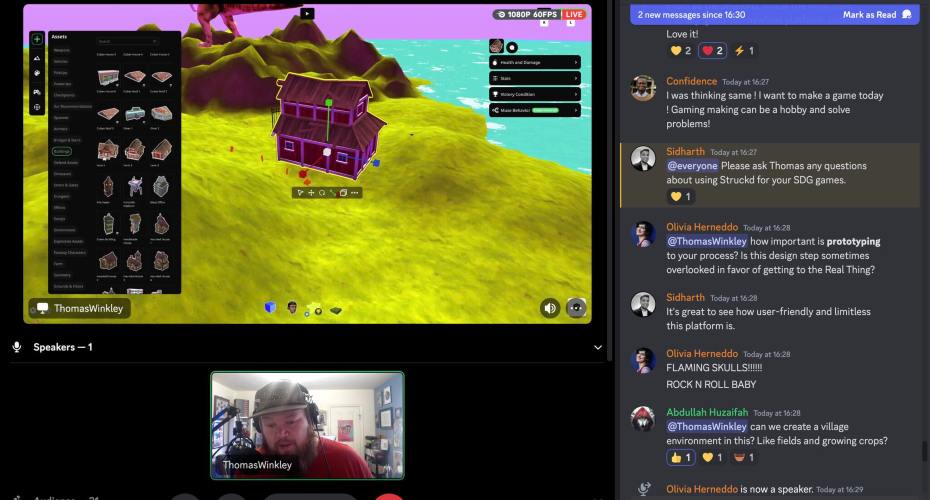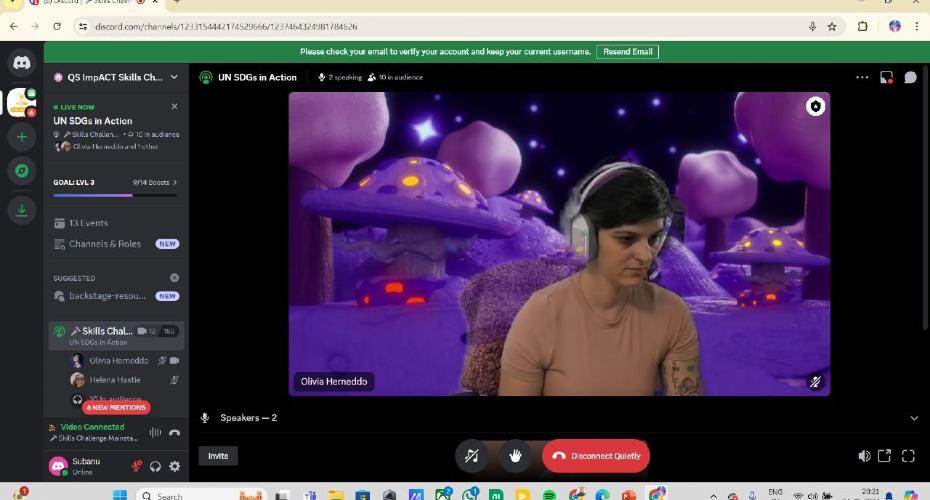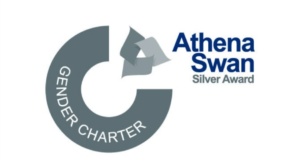University of Exeter partners with QS ImpACT to set global sustainability challenge through gaming

More than 1,000 students from around the world are taking part in an international challenge that is seeking to help communities become more engaged with the principles of sustainability.
The QS ImpACT Skills Challenge has set teams of students from more than 50 universities the task of designing games that bring to life the United Nations Sustainable Development Goals.
With mentoring from designers who have worked on games and platforms such as Minecraft and Unity, the teams have until September to deliver their designs to the judges.
The challenge is being orchestrated QS ImpACT and the University of Exeter, with in-game design support by Next Lab at Arizona State University.
“The QS ImpACT Skills Challenge has brought together students from around the globe, creating 287 teams, who are each seeking to drive meaningful change in their communities,” says Heather Hasley, Director of Education Innovation at the University. “Guided by industry experts, the students have been able to learn about game design and sustainability literacy with the aim of creating games that will educate and entertain people about the SDGs. The University is at the forefront of this movement, contributing its expertise and commitment to sustainable development.”
The Challenge began earlier this summer with the students attending online workshops hosted by the University. Led by experts Dr Edvard Glücksman, Senior Lecturer in Sustainable Futures; Helena Hastie, Associate Lecturer in Geography; Hollie Kirk, Lecturer in Applied Entrepreneurship in the Exeter Business School; Sean Porter, Senior Educator Developer; and Anurag Roy, Postdoctoral Research Fellow in Renewable Energy, the workshops focused upon key topics including the concept of the Sustainable Development Goals; how they’re implemented by the UN; and how they are made real through business and industry in sectors such as renewable energy.
Supported by Next Lab at Arizona State University, the participants also received training from industry experts from Minecraft, J.P. Morgan, hyperPad and Unity, on design thinking, digital game platforms, and leveraging technology for sustainability.

The student teams now have until 10 September to submit their final game design proposal, whereupon a team of 50 expert judges will select the finalists to go through to the QS Reimagine Education Awards in London in December, where the winning team will be awarded the Best Student SDG Prize.
QS ImpACT is a United Nations Environment Assembly-accredited global charity dedicated to empowering youth to effect lasting change in their communities through the SDGs. Backed by Quacquarelli Symonds (QS), the world’s largest global higher education network, QS ImpACT focuses on recognising and rewarding young people who contribute to the SDGs.
“Across the 287 teams, we have an incredible mix of skills and expertise, and this should hopefully lead to some truly inspirational ideas for sustainability-infused games,” said Toby Vaughn Kidd, Head of Experimentation and Innovation in the Department of Education and Academic Services at Exeter. “Initiatives like the QS ImpACT Skills Challenge foster a global community of young leaders, providing opportunities for international scholarships, awards, and impactful activities that build 21st-century skills, regardless of background. This collaboration empowers the next generation of students to tackle pressing global challenges – and the University is delighted to be facilitating this through our partnership with QS.”
The QS ImpACT Skills Challenge is open to both students and young people in the community aged between 18 and 35, and will run again in 2025. More information is available on the website.
Special thanks to the key figures from the University involved in this initiative for their time and expertise, including Toby Vaughn Kidd, Heather Hasley, Re Oakley – Experimentation and Innovation Manager; Global Classrooms and Future17, Hollie Kirk, Edvard Glucksman, Sean Porter, Anurag Roy and Helena Hastie.



